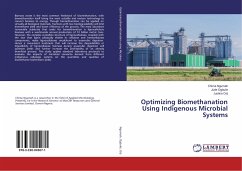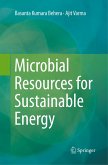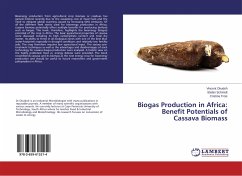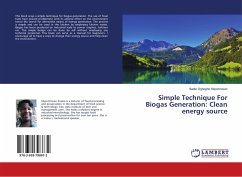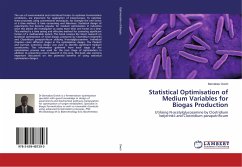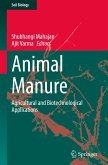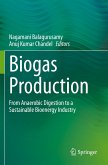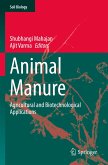Biomass waste is the most common feedstock of biomethanation, with biomethanation itself being the most suitable and mature technology to convert biomass to energy. Though biomethanation can be applied on virtually all biological materials, fractions with low biodegradability will limit biomethane yield and lower efficiency of the process. The most abundant renewable substrate that exists for biomethanation is lignocellulosic biomass with a world-wide annual production of 10 billion metric tons. However, the complex crystalline structure of lignocelluloses, coupled with the fact that lignin physically shields its cellulose and hemicelluloses components, make lignocelluloses recalcitrant to anaerobic digestion. Hence a convenient treatment that will increase the degradability or digestibility of lignocellulosic biomass during anaerobic digestion will optimize yields and further increase the profitability of an already beneficial process. This study applies standard laboratory protocols to evaluate the impacts of microbial consortia derived from different indigenous cellulases systems on the quantities and qualities of biomethane/ biofertilizer yields.
Bitte wählen Sie Ihr Anliegen aus.
Rechnungen
Retourenschein anfordern
Bestellstatus
Storno

